updated 5 March 2021
Democratic elections like those in the US, UK, and Israel may be messy but proceed under transparent rules and timing. In the US, there is a definitive schedule; in the UK and Israel, there are well-understood triggers. As oligarchies (‘the few’) resemble autocracies (‘the one’), the rules become clouded and doubted, as in China and Russia. Participatory and responsible citizens require a clear understanding.
Elections seem to be innate human activities as much as negotiation. Governments of all types use them for legitimacy, even if only for internal or external publicity. A lack of citizen support usually means future trouble.
Once The Keys interlock with a complex mystery, they must engage to turn the problem’s tumblers to move the bolt and unlock decryption success. Elections also use Preparation and Engagement for Partnership.
The Context of Competition and Cooperation
Historically, elections in the US and other democracies have been aspirational, illustrating desired future states. However, in recent years, elections have become more adversarial, outlining conflicts between various internal and external groups. This has turned many democratic elections closer in form to those typically associated with autocratic or dictatorial governments.
The first element of negotiation’s Preparation is Context for the situational map of cooperation and competition. Goals desired, leverage available, and hierarchy implied all depend upon context.
Elections and negotiations exist only in context, with the tension between cooperation and competition inevitably floating just below the surface. Campaigns are descriptive, related to particular frameworks or perspectives.
Framing Personalities
Elections established along adversarial lines generally focus more on the person than the issues. The 2016 US elections turned as much on Him versus Her as it did on issues. The UK's 2017 and 2019 elections centered more on executing Brexit than on what the plan was (or could be). The more autocratic-like, the greater the focus on the person.
The second element of negotiation's Preparation is Personality, the style for working the problem. Elections certainly have a personality, both for style and the people involved. Framing is the first element of Personality.
In negotiation, framing structures where and how solutions are created. In elections, framing is as much the ‘who’ as the ‘what,’ especially in more recent populist elections in many countries. Both strive to set a frame.
Unresolved Ambiguity for Trust
Both the US 2016 election and the UK's 2015 Brexit referendum were reduced to stark yes-no, black-white events. Campaigns discarded or saw little benefit in hard details. Israel's three 2019-2020 back-to-back elections suffered the same fate. The greater the campaigning's intensity, the more citizens are left on their own to understand, and the more later governing becomes problematic. Confusion and uncertainty have not served democracies well.
Negotiation's principal activity is Engagement, and elections seem to be all-in engagement. Engagement's principal element is Developing Support, and elections focus on that but neither discussion nor listening.
Elections derive more from positioning than two-way give-and-take, and here elections rely on intentional ambiguity and temporary trust. Elections and negotiations diverge dramatically in their use of these activities.
Positions and Hidden Interests (As Usual)
As most votes are binary choices between alternatives, most campaigning also gets reduced to simplified, contrasting positions. Complexity and nuance are replaced by yes-no, him or her, this or that decisions. Later governing, the implementation of solutions has faltered in the US, the UK, and many other democracies. For oligarchic and autocratic government systems, the alternatives are typically made much simpler: ‘It’s Us (Me) or chaos.’
Engagement in elections relies on the second element of Assessing Change, but only in the discernment between different positions. Politicians devote little time to uncovering the interests underlying positions.
Framing preeminently controls cooperation and competition narratives, whether campaigning, getting the vote, or governing. Elections use our innately common tools to gain acceptance for ambiguous solutions.
In the fourth and final post of the month, I’ll bring all the Keys of Negotiation™ together to unlock the question ‘are elections a negotiation?’

